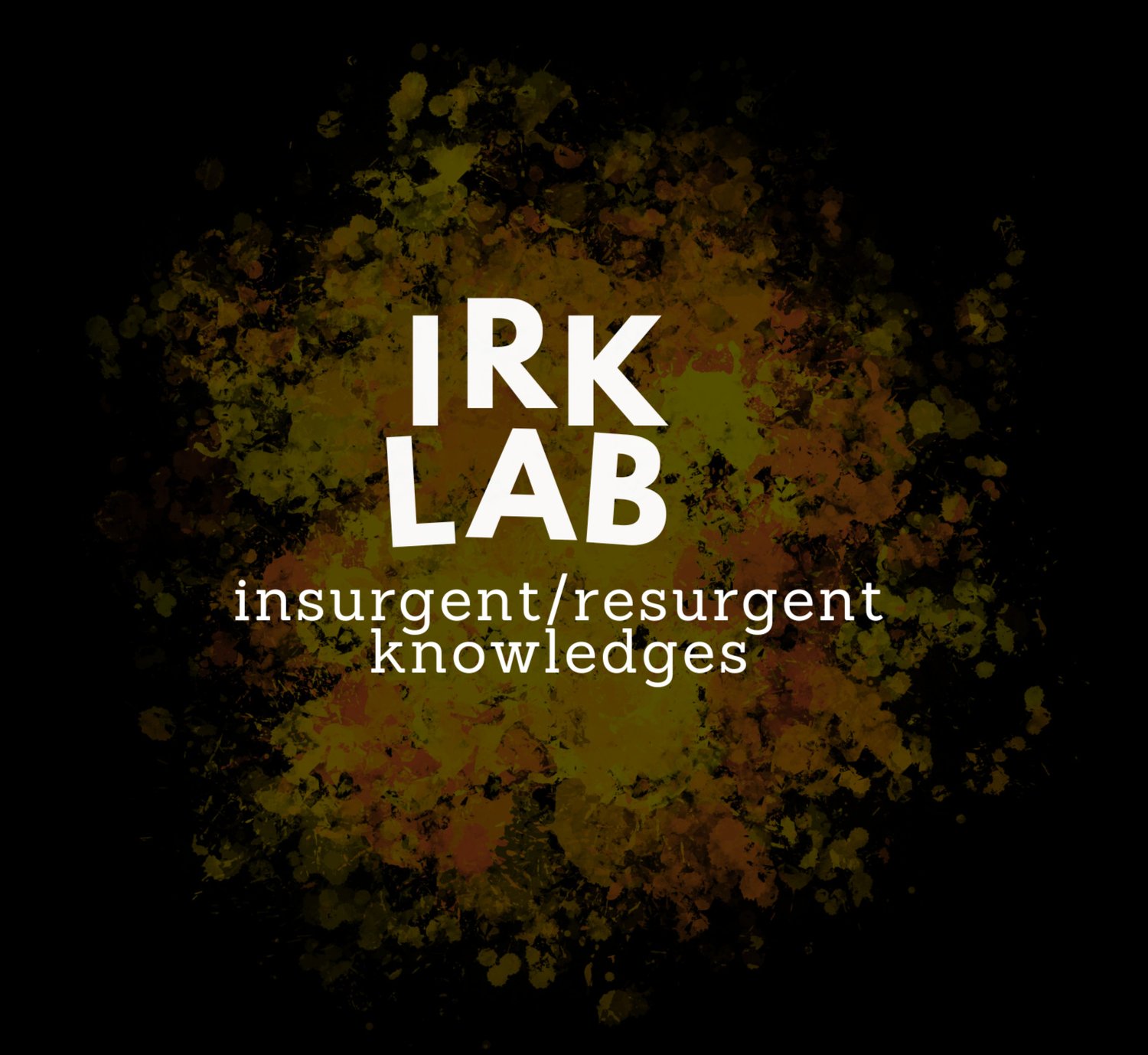(she/her)
I am a little socially awkward and don’t really like to write bios. But that being said, I live on the territories of the xʷməθkʷəy̓əm (Musqueam), Sḵwx̱wú7mesh (Squamish), and səlilwətaɬ (Tsleil-Waututh). I am a daughter, sister, auntie, mother, comrade, friend and partner, committed to anti-capitalist, anti-racist, feminist and abolitionist politics. My scholarly interests and pursuits have been engaged in thinking about the relations of mobility,citizenship, borders, settlement and temporalities. An extensive family history migrating from the early twentieth century from colonized Punjab, to the white settler colony along the west coast of Canada, has led to a steady source of intellectual curiosities, thinking of gender, class, caste, race and segregation, challenging possessive forms of inclusion and nationalism that take place through practices of dispossession.
(she/her/they)
I am an auntie, sister, daughter, anti-racist feminist, scholar, educator and learner, and aspiring artist and drummer. My ancestors hail from Amritsar Punjab, where my great grandparents and grandfathers fought against British colonialism. Growing up during the Thatcher years in the UK, I got involved in critical anti-violence work, advancing union and labour rights, and movements against police violence especially after the murder of a young Black man, Stephen Lawrence, and violence against Muslim and South Asian men.
After moving to Canada, I started to learn that I had first settled on the lands of the Ojibway-Anishnaabe then Musqueam and Qay’ Qat nations, and now the place of the Lekwungen and W̱SÁNEĆ people where they work to restore the camas and clam beds, honor the salmon and eagle, and expand their language speakers. I have much respect and gratitude for the original peoples and the land that I live on.
My insurgent/resurgent knowledge is rooted in the teachings of my mother and the other women in my family. It is also grounded in anti-racist feminism, anti-colonial and decolonial politics, and anti-capitalism. I strive to be meaningfully in sangat (collective/community) with others to share and learn knowledge that can be used in the service of disrupting relations of dominance and fostering liberatory relations.
I love to play with paint, pastels, and charcoal. By tapping into the creative arts, I hope to honour the power and history of my ancestors and the communities who disrupt rule/control and advance liberatory beingness. I plan to make large vibrations when I learn to play the dhol (a kind of Indian drum)!
(she/they)
I am part of an extended family of Afro-Caribbean (Jamaica) diasporic settlers and was raised on Lheidli T’enneh land. I currently live on W̱SÁNEĆ and Lekwungen land where I am a mother of 2 humans and co-nurturer with plant life. I am enchanted by metaphor, poetry and music and how larger-than-human relations are captured by, but also escape or challenge human representational systems. I am a player with words and voice in the tradition of call-and-response. In attempting to listen differently for liberatory futures, I am inspired by Black feminist, Indigenous & people-of-colour coalitional thought and creative practice.
I am currently assistant professor of cultural studies and environmental justice at UBC, Okanagan and am looking forward to learning how to foster accountable relations with Syilx Okanagan Nation as she moves to these lands. I am grateful to be in community with the IRK folx here and with extended communities who share political and creative commitments in shaping coalitional time in planetary space.
(She/they)
My name is Nisha and I make a home with my parents, my partner, my two sweet children and my feline and canine companions in Amiskwacîwâskahikan on the lands covered by Treaty 6. My work has been profoundly shaped by my family’s migration trajectory from India, which was inflected by the distinct and diverging social locations (linguistic, religious, caste, geographic) of my parents. The timing of my family’s migration and settlement with the ‘liberalization’ of Canadian immigration policy and the catastrophic boom in the extractive tar sand industry was during a particularly intense period of settler-colonial state nation-building. This has indelibly shaped my research, which centers on troubling the logics of citizenship and belonging, mapping the racialized logics of security, and interrogating implication and complicity in contexts where the white settler colonial-state engages in pedagogical practices of state-making and claiming. Finding joy and connection in relationships that defy the containing logics of neoliberal universities, my family and I work with a local shelter as a foster family to puppies, kittens and their moms, and I have spent increasing amounts of time at the potter’s wheel. When we briefly move out of the deep freeze each year, you can find me tending to my seedlings and caring for the explosion of life in a little patch of land that is for most of the year covered in snow and ice.









